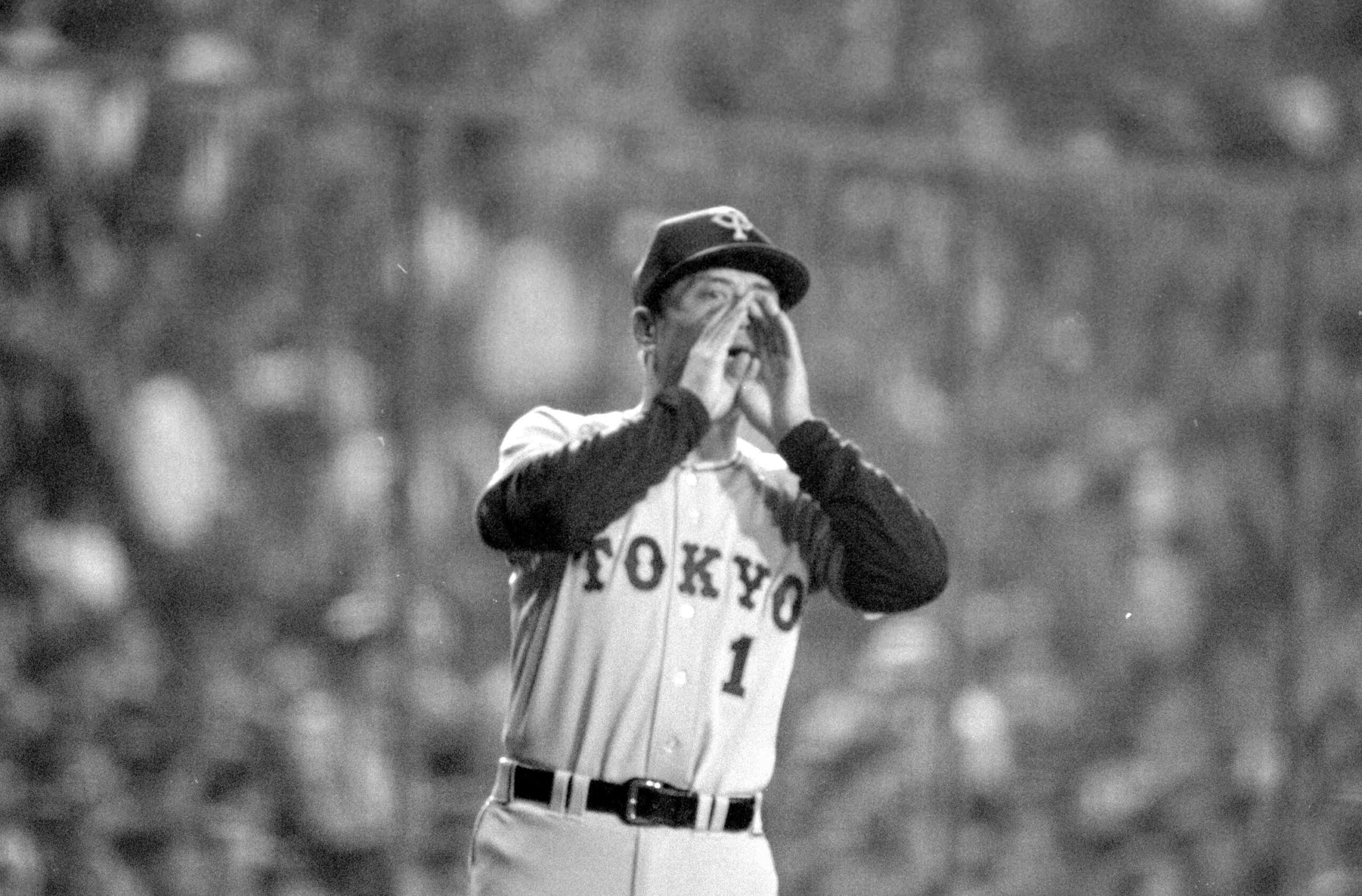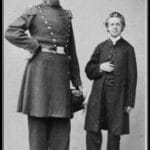Step into the world of Sadaharu Oh, a Japanese baseball legend often referred to as the “Japanese Babe Ruth.” Holding the world record with an astounding 868 home runs, Oh’s legacy extends beyond his impressive statistics. His unorthodox “flamingo leg” batting stance, developed in response to early injuries, revolutionized the sport and continues to inspire players worldwide. However, Oh’s career, spent entirely in Japan, has sparked debate regarding his eligibility for the U.S. Baseball Hall of Fame. This article delves into the arguments surrounding Oh’s Hall of Fame candidacy, examining his impact on baseball and the evolving perspectives on international recognition within the sport.
The Legend of Sadaharu Oh: More Than Just Home Runs
Imagine a baseball legend who eclipsed even Babe Ruth’s home run record – that’s Sadaharu Oh. Often called the “Japanese Babe Ruth,” Oh’s story is one of remarkable athleticism, unwavering determination, and an unorthodox batting style that defied expectations.
This home run titan concluded his career with an astounding 868 home runs, shattering the world record. What makes this feat even more impressive is how he achieved it. Oh adopted a unique “flamingo leg” batting stance, lifting his left leg almost straight before swinging. While unconventional, this stance, born from a need to adapt to early injuries, allowed him to generate incredible power.
This adaptation speaks volumes about Oh’s resilience and innovative approach to the game. Instead of succumbing to setbacks, he found a way to excel, inspiring countless young players to overcome their own challenges.
However, Oh’s accomplishments have sparked debate regarding the comparison of Japanese baseball to Major League Baseball (MLB). Some argue that the differences in pitching, ballparks, and overall competition levels make direct comparisons difficult. This raises the question of whether Oh’s home run record holds the same weight as records achieved in MLB.
The debate is complex, with experts holding differing views. Some believe comparing statistics across leagues is inherently flawed, while others contend that a home run’s significance transcends its league of origin. This ongoing discussion highlights the profound impact Oh has had on baseball, challenging traditional perspectives and prompting a reevaluation of what constitutes greatness in the sport.
Beyond the numbers and the debate, Sadaharu Oh embodies Japanese resilience, perseverance, and national pride. His story is a testament to human potential, reminding us that limitations are often self-imposed and that with unwavering determination, extraordinary achievements are within reach.
Is Sadaharu Oh in the Baseball Hall of Fame? Unpacking the Debate and Legacy
Despite holding the world record for career home runs (868), Sadaharu Oh is not enshrined in the MLB Hall of Fame due to his career being played entirely in Japan’s Nippon Professional Baseball (NPB). This has ignited a debate within the baseball community, with valid arguments emerging on both sides.
Proponents of Oh’s inclusion emphasize his status as the home run king, asserting that his NPB dominance is a testament to his exceptional talent and places him among the best to ever play the game. They argue that his global recognition as a baseball icon further strengthens his case, suggesting that his induction would signal baseball’s evolution into a global sport rather than one solely defined by MLB.
Conversely, opponents of his inclusion posit that the level of competition in Japan’s NPB cannot be directly compared to MLB, making it difficult to assess the full scope of his achievements within the context of the MLB Hall of Fame. They argue that the Hall of Fame, by definition, honors MLB careers, and allowing players from other leagues, even exceptional talents like Oh, could potentially diminish its historical significance.
This debate extends beyond Sadaharu Oh, raising fundamental questions about the future of the Hall of Fame. Should it recognize exceptional players from across the globe or remain focused solely on MLB? Should a separate wing or distinct criteria be established for international stars? As baseball becomes increasingly globalized, these questions will likely persist, prompting continued discussion and potential reevaluation of the Hall of Fame’s selection criteria.
Sadaharu Oh’s MLB Absence: Unveiling the Reasons Behind a Legend’s Choice
Sadaharu Oh’s decision to remain in Japan, despite his extraordinary talent, has left many wondering why he never tested his skills in MLB. This decision likely stemmed from a confluence of factors, including cultural ties, the global landscape of baseball during his era, and personal aspirations.
Loyalty to Japan: Oh’s deep-seated connection to Japanese baseball and his team, the Yomiuri Giants, likely played a significant role in his decision. He was a national hero, a symbol of Japan’s post-war resurgence, and his contributions transcended the realm of sport. Leaving for MLB could have been perceived as turning his back on his country and the team that held such cultural significance.
MLB’s Limited Global Reach: The 1960s and 1970s, Oh’s prime playing years, were a different era for MLB. The league was not the global powerhouse it is today. International scouting was limited, free agency was non-existent, and the pathways for Japanese players to transition to MLB were scarce.
Personal and Familial Factors: Oh’s father initially discouraged his pursuit of baseball, a perspective that may have influenced his long-term view of his career path. Additionally, Oh’s successful transition to managing the Yomiuri Giants after retirement suggests he may have found immense satisfaction and challenge within the Japanese baseball landscape.
While we may never know definitively why Oh did not pursue a career in MLB, his decision to remain in Japan solidified his legendary status within the country and cemented his place as a global baseball icon. His story highlights that greatness can manifest in different ways and that an athlete’s legacy can extend far beyond the borders of any single league.
To learn more about other captivating figures in sports and entertainment, explore articles about Mary Stuart Masterson films and the iconic Richard Kiley narrator.
868 and Counting: The Story of Sadaharu Oh, Japan’s Home Run King
When discussing baseball’s most prolific power hitters, names like Babe Ruth and Hank Aaron often dominate the conversation. However, in the annals of Japanese baseball history, one name reigns supreme: Sadaharu Oh. With an astounding 868 career home runs, Oh’s accomplishments not only shattered Japanese records but also surpassed even the most iconic MLB sluggers.
For 22 seasons (1959-1980), “The Godzilla of Baseball” dominated Japan’s Central League, consistently showcasing his extraordinary power and etching his name into the record books. His 868 home runs are a testament to his exceptional talent and unwavering consistency, a feat that has remained unbroken for over four decades.
Oh’s journey to greatness began in 1959 when he joined the Yomiuri Giants. He quickly established himself as a force to be reckoned with, surpassing previous home run records with seeming ease. From 1962 to 1970, he achieved a remarkable feat, winning nine consecutive home run titles, a testament to his unparalleled dominance during that era.
While Wladimir Balentien challenged Oh’s single-season home run record in 2013, hitting 60 for the Tokyo Yakult Swallows, Oh’s career record of 868 remains a seemingly insurmountable peak in Japanese baseball. His career embodies dedication, perseverance, and an unwavering commitment to excellence.
However, Oh’s impact transcended the baseball diamond. He became a symbol of national pride, inspiring a nation still recovering from the aftermath of World War II. His achievements resonated deeply with the Japanese people, embodying the spirit of resilience and determination.
In 1977, in recognition of his contributions to Japanese society, Oh was bestowed with the prestigious People’s Honour Award, an honor rarely given to athletes. This further solidified his status as a cultural icon, a testament to the power of sports to uplift and inspire.
Although retired from playing, Oh continued to contribute to baseball as the manager of the Yomiuri Giants from 1984 to 1988. In this role, he shared his knowledge and experience, nurturing the next generation of Japanese ballplayers.
Today, Sadaharu Oh remains a revered figure in Japan, his name synonymous with baseball excellence. His 868 home runs are more than just a statistic; they represent a legacy that continues to inspire athletes and fans alike. His story reminds us that greatness knows no boundaries and that records are made to be broken, even if Oh’s legendary mark stands the test of time.













1 thought on “Sadaharu Oh: The Japanese Babe Ruth and the Hall of Fame Debate”
Comments are closed.